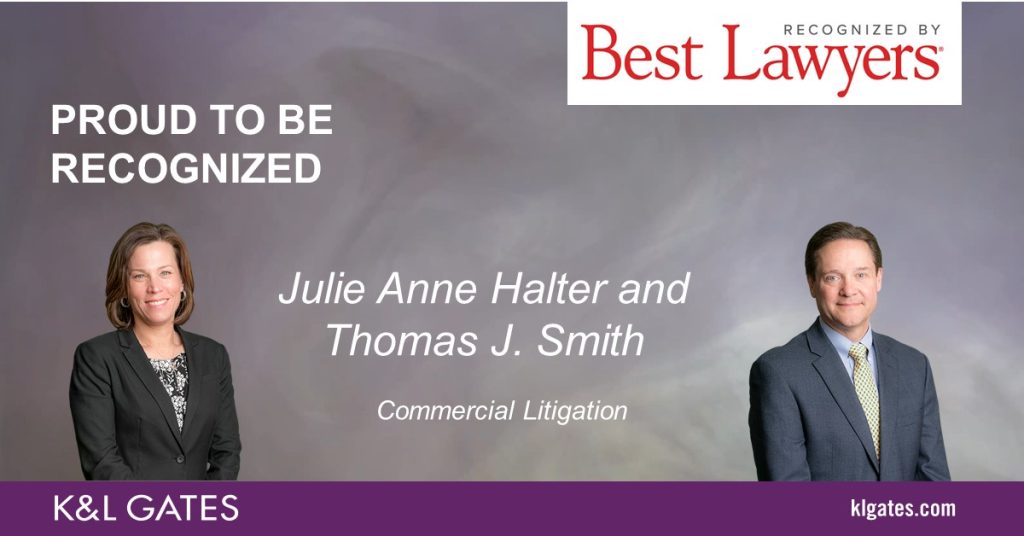Celebrating e-Discovery Day: e-Discovery Exchange with Ellen Blanchard
Today we celebrate World e-Discovery Day, an annual industry-wide event for lawyers and legal professionals to highlight the critical role e-discovery plays in our legal systems. To mark this occasion, the K&L Gates e-Discovery Analysis & Technology (“e-DAT”) Group is launching a series of Q&A videos with e-discovery industry veterans. In the first episode in this “e-Discovery Exchange” series, Ellen Blanchard and Julie Anne Halter explore the evolving nature of communication technologies in the hybrid and remote workplaces and their e-discovery implications.

